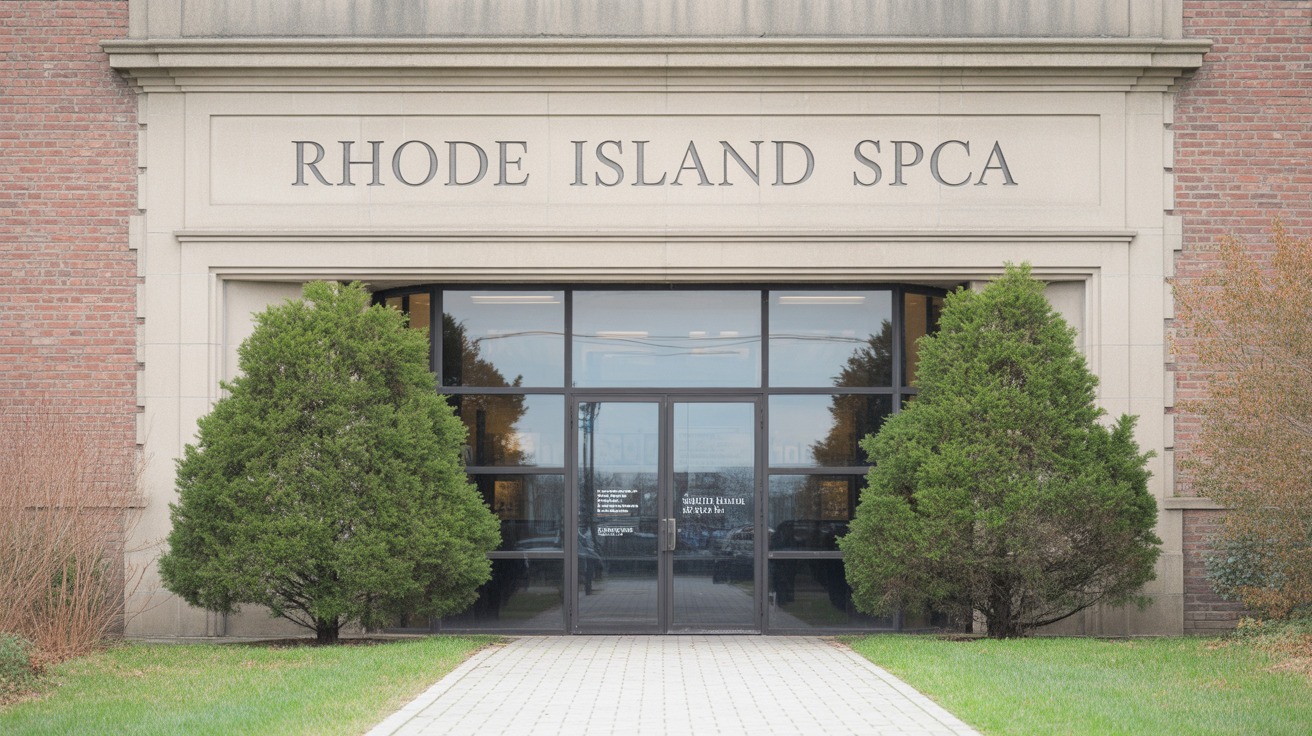Can Dogs Eat Macaroni and Cheese? Risks, Alternatives, and Expert Tips
Macaroni and cheese may be a family favorite, but is it safe to share this creamy dish with your dog? While it might seem harmless to offer your furry friend a small taste, there are important considerations every pet owner should take into account.
Is Macaroni and Cheese Safe for Dogs?
Technically, dogs can eat a small amount of macaroni and cheese without immediate danger. However, this doesn't mean it's good for them. The dish contains several ingredients that may cause health issues, especially if consumed regularly or in large amounts.
- High in fat and sodium: Rich meals can upset a dog’s digestive system and lead to long-term health issues.
- Dairy content: Many dogs are lactose intolerant and can’t digest cheese easily.
- Gluten: Pasta made from wheat can be problematic for dogs with gluten sensitivity.
Potential Health Risks of Feeding Mac and Cheese to Dogs
Feeding macaroni and cheese to your dog isn't recommended due to the following risks:
- Digestive problems: Symptoms may include diarrhea, vomiting, gas, or bloating, especially in dogs sensitive to dairy or gluten.
- Weight gain: High-calorie foods contribute to obesity, leading to joint issues and heart disease.
- Pancreatitis: High-fat foods can induce pancreatitis, a painful and potentially life-threatening condition.
- Toxic ingredients: Some recipes include onion or garlic, both of which are toxic to dogs.
- Additives and preservatives: Boxed versions often contain artificial ingredients harmful to canine health.
What If My Dog Accidentally Eats Macaroni and Cheese?
If your dog eats a small amount of macaroni and cheese, remain calm. Most likely, they'll experience mild symptoms such as:
- Minor diarrhea
- Reduced appetite
- Soft stool or gas
However, monitor for more serious signs:
- Vomiting
- Lethargy
- Prolonged diarrhea
- Abdominal pain or restlessness
If any of these occur, consult your veterinarian immediately, especially if your dog is a small breed or has underlying health conditions.
Can Cheese Be Given as a Treat?
In moderation, some types of cheese can be acceptable treats for dogs:
- Safe choices: Plain cheddar, mozzarella, or cottage cheese in tiny portions.
- Avoid: Processed cheese spreads, blue cheese, or any form containing herbs or flavorings.
Cheese can occasionally be helpful in administering medications but should never be a daily treat due to its fat and salt content.
Healthy Alternatives to Macaroni and Cheese
Instead of offering leftovers from the dinner table, opt for more suitable, dog-friendly treats:
- Vegetables: Carrots, green beans, broccoli, or pumpkin.
- Fruits: Apples (seedless), watermelon (seedless and rindless), and blueberries.
Expert Dietary Advice for Dogs
To keep your dog healthy and happy, follow these simple dietary guidelines:
- Feed a balanced, commercial dog food designed to meet all nutritional needs.
- Limit human food, especially items high in fat, sugar, or salt.
- Introduce new foods gradually, and always monitor for any reactions.
- Consult your vet before making changes to your dog’s diet or when they show symptoms of intolerance.
While an occasional small bite of macaroni and cheese likely won't seriously harm most dogs, it’s always better to err on the side of caution. Stick to vet-approved treats and whole, natural foods whenever possible. Your dog's long-term health depends on it.





